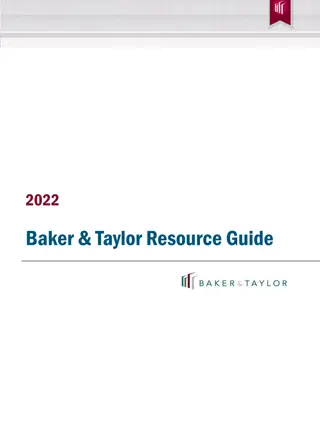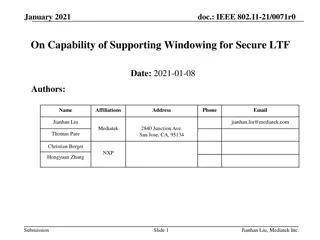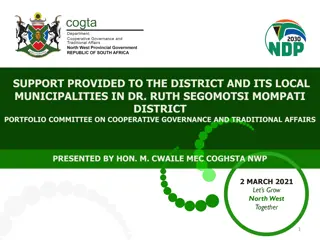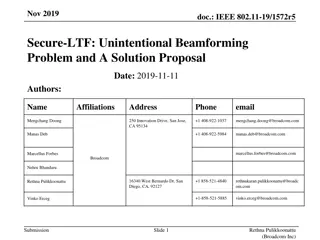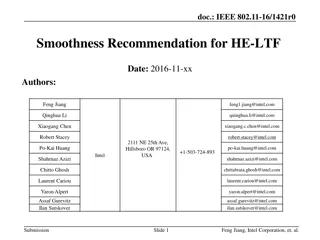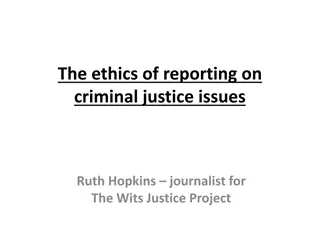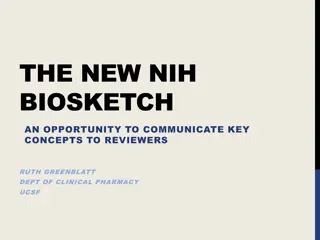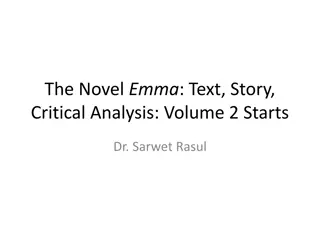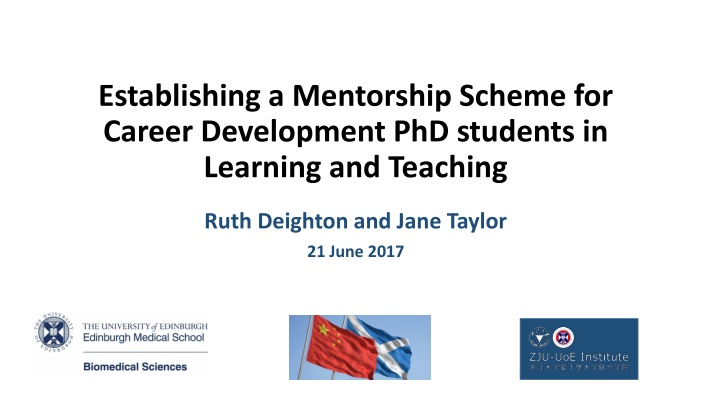
Establishing a Mentorship Scheme for Career Development of PhD Students in Learning and Teaching
Learn about the mentorship scheme designed to support PhD students in enhancing their teaching skills and achieving accreditation in higher education while conducting research. Discover the structure, benefits, and objectives of the program to foster career development in academia.
Download Presentation

Please find below an Image/Link to download the presentation.
The content on the website is provided AS IS for your information and personal use only. It may not be sold, licensed, or shared on other websites without obtaining consent from the author. If you encounter any issues during the download, it is possible that the publisher has removed the file from their server.
You are allowed to download the files provided on this website for personal or commercial use, subject to the condition that they are used lawfully. All files are the property of their respective owners.
The content on the website is provided AS IS for your information and personal use only. It may not be sold, licensed, or shared on other websites without obtaining consent from the author.
E N D
Presentation Transcript
Establishing a Mentorship Scheme for Career Development PhD students in Learning and Teaching Ruth Deighton and Jane Taylor 21 June 2017
BMS International Career Development PhD Programme 4 year collaborative PhD scholarships (UoE and Zhejiang University) Innovative research, international experience, training and career development Undertake research project in Biomedical Sciences (UoE) 25% of time spent engaging with teaching Currently 8 students enrolled (recruiting for 2017/18)
Why our students applied for this PhD Programme I can pursue a career in science as well as in Higher Education. The additional benefit of experiencing a different culture with the travel to China is another major appeal. It provides the opportunity to gain a formal teaching qualification alongside conducting research. Not only do we get involved in teaching at the University of Edinburgh, but we also get international teaching experience in China. The opportunity to attain teaching experience whilst completing research at a world- leading University was key for my application to this particular post. Academia is very much an international community and I feel this experience, and the challenges we will face, will set us apart when it comes to applying for jobs later on down the line, standing us in good stead for the rest of our teaching career.
Why have a mentorship scheme? Mentoring is an established process used to develop individuals and help them reach their potential Our aim: To provide support and guidance as the students develop their career in teaching Specifically we will support the students to 1. Develop specific skills in teaching (e.g. facilitating, tutoring, demonstrating, marking and providing feedback) 2. Gain accreditation with the HEA at Associate Fellowship level
Mentorship Structure Semester 1 Meeting 1: end of August Meeting 2: end of October (week 6) Meeting 3: mid-December (week 13/14) Group meetings (8-12 students); 2 mentors Meet 6 times a year Designed to facilitate pre-, mid- & end of semester discussions, reflection and future planning Opportunity to discuss, share and evaluate experiences (peer support) Plus opportunities for students to meet with mentors (1:1 support) Group sessions are focused on a specific area of teaching (e.g. marking & feedback) Semester 2 Meeting 4: end of Feb (FLW) Meeting 5: mid-late April (spring break) Meeting 6: end of S2 (early June) Feedback and Evaluation: The framework will be evaluated and student feedback sought in order to improve and develop the scheme
Mentorship Framework Code of Practice Mentees Mentors Keep to agreements on regularity of meetings / communication Prepare for and participate in meetings with mentors Keep mentor informed of progress and any problems Ask for help or advice Attend BMTO Teaching Network meetings as part of CPD Review development of teaching skills & experience Help reflect on learning Help identify developmental needs Provide support & guidance towards HEA accreditation Provide feedback on written work for HEA accreditation Mentors trained and supported by IAD
Developing Teaching: a timetable of teaching activities Year 1 Semester 1: Observing FGDs and tutorials (BMS1). Demonstrating in practical classes (BMS1). Semester 2: Leading FGDs (MB1) plus involvement in assessment Attend IAD courses: Enhancing Tutorials and Introduction to Laboratory Demonstrating Year 2 Semester 1: Leading FGDs (BMS1) Semester 2: Leading FGDs (MB1) plus involvement in assessment Practical demonstrating (MII2 and/or BMS2) Attend IAD courses: two further courses of own choice HEA Associate Fellow
Developing Teaching: a timetable of teaching activities Year 3 Semester 1 & 2: Lead tutorials (CTO2) and deliver associated marking & feedback Opportunity to travel to and teach in China (plus be involved in design of teaching sessions where appropriate) Plus: additional teaching of BMS courses of own choice Year 4 HEA Fellow Semester 1 & 2: Teaching activities in BMS courses of own choice Opportunity to travel to and teach in China (where appropriate) Additional CPD opportunities in Years 3 & 4: mentorship meetings, workshops, presenting at BMTO Teaching Network Meeting, attending teaching conferences
Mentorship Meetings to support Teaching Activities Themes: Optimising Small Group Teaching for your students Marking and Giving Constructive Feedback Learning Outcomes and Objectives: why do they matter and how do we write them? Working with International Students Peer Observation and how it can help my teaching
Feedback about mentorship meetings I was excited to learn about the mentoring scheme as I have little experience of teaching and it is beneficial to have experienced members of staff to turn to for support and expertise as we develop our own teaching style. "Having the mentorship for the teaching aspect of the PhD programme is a great idea. It provides the opportunity to discuss issues with the mentors and other PhD students, and learn from each other s experiences. This will allow me to further develop my teaching skills required to become an effective tutor."
Future scope: a local BMS Edinburgh Teaching Award (EdTA) scheme Mentorship scheme for Career Development PhD students is in part a pilot for a more widespread local BMS EdTA scheme (in collaboration with IAD) Registered participants (vocational PhD students, interested tutors & demonstrators, postdocs, lecturers) would be allocated to mentor groups 8-12 members with 2 mentors (HEA Fellows) Support for Teaching workshops (a mixture of IAD and locally developed sessions tailored more specifically for the needs of BMS) Group meetings to reflect, share practice and receive support for writing for HEA accreditation EdTA applications would be submitted to IAD adjudication panel for evaluation
Acknowledgements IAD: Jon Turner, Velda McCune and Daphne Loads Veterinary Medical Education Division: Catriona Bell Zhejiang Career Development PhD students EdTA information: http://www.ed.ac.uk/institute-academic-development/learning- teaching/cpd/teaching-award

